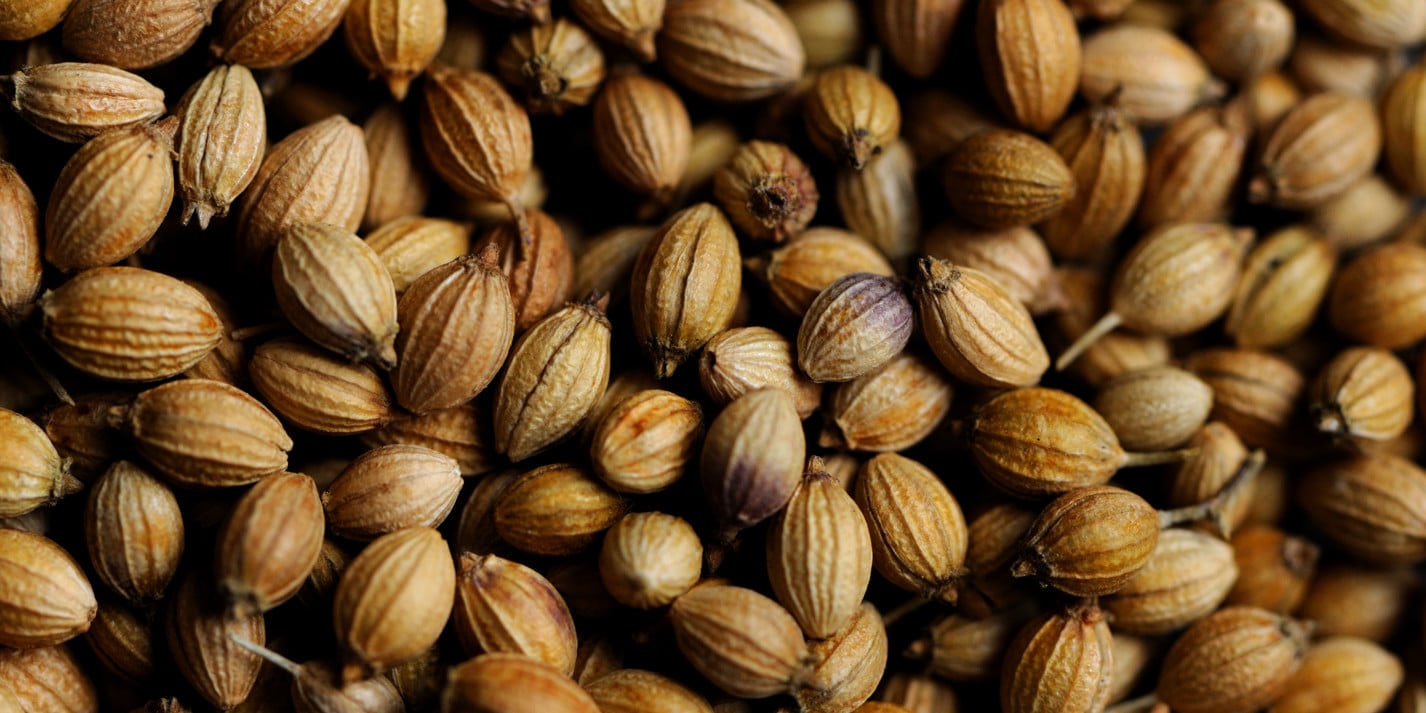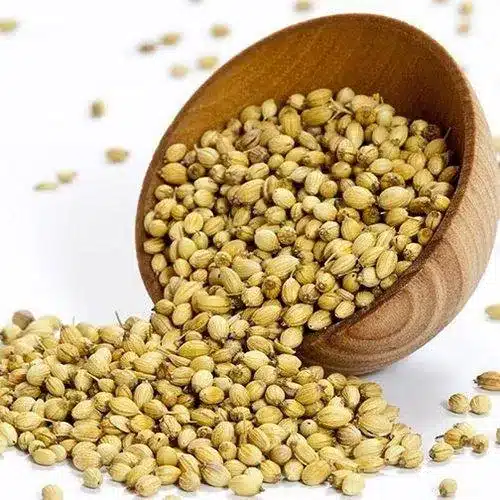Coriander Seeds: A Nutritious Spice with Many Benefits
Coriander seeds, also known as dhania in India, are a staple ingredient in many cuisines around the world. With their distinct flavor and aroma, coriander seeds add depth and complexity to many dishes. But these seeds are more than just a flavoring agent. They are also rich in nutrients and have been used for centuries for their medicinal properties. In this article, we will explore the history, culinary uses, and health benefits of coriander seeds.
- Eagle
- Scooter
- Single Parrot
- Double Parrot

- Definition of Coriander Seeds
Coriander seeds are the dried fruit of the coriander plant, which is also known as Coriandrum sativum. The plant is native to parts of Europe, Asia, and North Africa, and the seeds have been used in cooking and medicine for thousands of years. The seeds are small, round, and yellowish-brown in color, with a slightly sweet and citrusy flavor.
- Historical and Cultural Significance
Coriander has been cultivated since ancient times and was used by the Egyptians in their mummification process. It was also mentioned in the Bible as one of the bitter herbs eaten during Passover. In medieval Europe, coriander was used as a spice and a medicine, and it was one of the first spices brought to the Americas by European explorers.
- Nutritional Profile
Coriander seeds are a rich source of nutrients, including vitamins A, C, and K, as well as minerals like calcium, iron, and magnesium. They are also a good source of dietary fiber and protein. In addition, coriander seeds contain a number of compounds that have been shown to have health benefits.
Growing and Harvesting Coriander Seeds
- Climate and Soil Requirements
Coriander plants prefer a temperate climate and well-drained soil. They can be grown in a range of soil types, but they do best in fertile, loamy soil. The plants require moderate watering and should be kept in full sunlight.
- Planting and Care
Coriander seeds can be planted in the spring or fall, depending on the climate. The seeds should be sown directly into the soil and covered with a thin layer of soil. The plants should be spaced about 6 inches apart and should be watered regularly.
- Harvesting and Drying
Coriander plants typically reach maturity in about 3 months. The seeds can be harvested once the plant has flowered and the seeds have turned brown. The seeds should be allowed to dry completely before being stored.
Culinary Uses of Coriander Seeds
- Spice Blends
Coriander seeds are often used in spice blends, such as garam masala, curry powder, and ras el hanout. These blends can be used to add flavor and complexity to various dishes, such as stews, soups, and curries.
- Flavoring in Dishes
Coriander seeds can also be used as a standalone spice to flavor dishes such as roasted vegetables, meats, and rice dishes. Toasting the seeds before using them can enhance their flavor.
- Brewing in Beverages
Coriander seeds can be used to add flavor to various beverages, such as tea and cocktails. They are often used in Belgian-style wheat beers, where they contribute a citrusy and spicy flavor.

Health Benefits of Coriander Seeds
- Digestive Health
Coriander seeds have been used in traditional medicine to treat digestive issues such as bloating, gas, and stomach cramps. They contain compounds that can help regulate digestion and reduce inflammation in the gut.
- Anti-Inflammatory Properties
Coriander seeds have anti-inflammatory properties that can help reduce inflammation in the body. This can be beneficial for people with conditions such as arthritis and other inflammatory disorders.
- Antioxidant Properties
Coriander seeds contain antioxidants, which can help protect the body from oxidative stress and prevent cell damage. Antioxidants have been linked to various health benefits, such as reduced risk of heart disease and cancer.
Other Uses of Coriander Seeds
- Medicinal Uses
Coriander seeds have been used in traditional medicine to treat a variety of ailments, such as anxiety, insomnia, and high blood sugar levels. However, more research is needed to fully understand their medicinal properties.
- Cosmetics and Fragrances
Coriander seeds have also been used in cosmetics and fragrances. They are a common ingredient in perfumes, soaps, and lotions, due to their pleasant scent.
Coriander seeds are a versatile spice that can add flavor and health benefits to your meals. From spice blends to medicinal uses, coriander seeds have a long history of use in various cultures around the world. Incorporating coriander seeds into your diet may offer a range of health benefits, such as improved digestion, reduced inflammation, and antioxidant protection.
Tasty & Quality Approved Agricultural Products
are Available Here!
We supply and export great-quality Bold Peanuts, Java Peanuts, TJ Peanuts, Fresh Red Onion, White Garlic, Yellow Maize, Dry Red Chill and In Shell Peanuts with 100% customer satisfaction all over the world.

